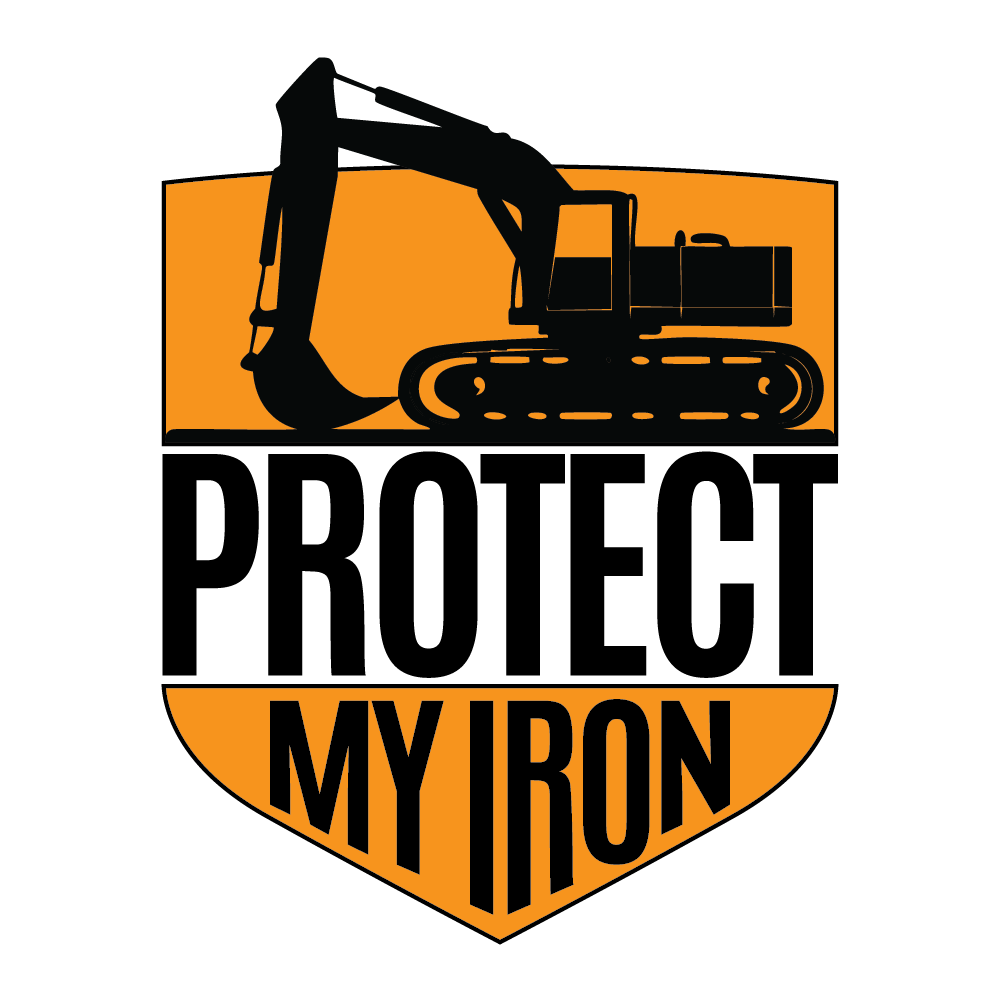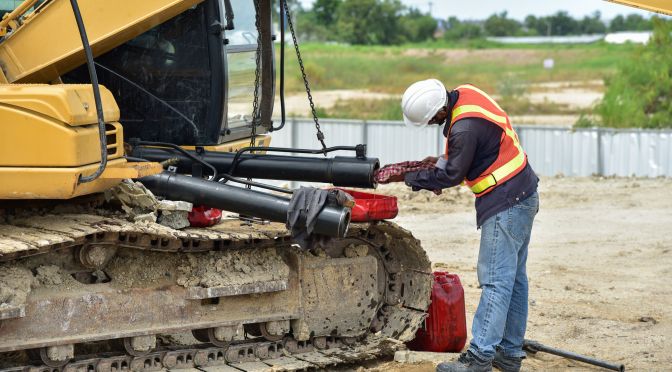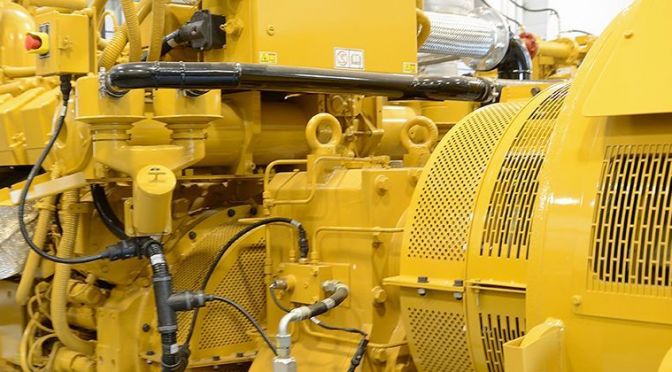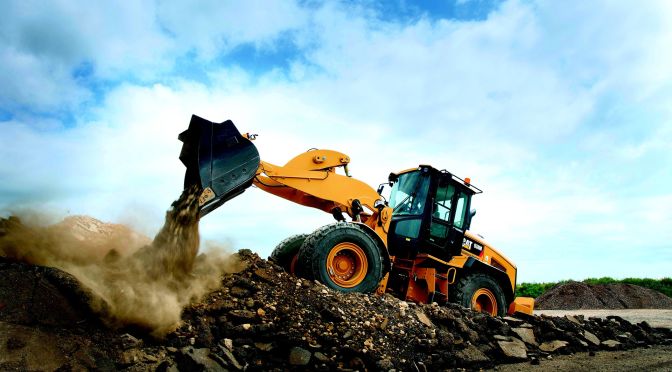Heavy equipment is a valuable investment for construction companies to maintain profitability and productivity. Proper equipment maintenance is necessary to protect its value and control operating costs. Equipment maintenance involves regular inspections, servicing, and repairs to ensure optimal performance. However, neglecting maintenance can have serious consequences.
When the equipment isn’t maintained correctly, it can malfunction or break down, leading to extended downtime and decreased output. Believe it or not, unnecessary downtime can cause operational and financial setbacks, including lost revenue, lower productivity, and dissatisfied customers.
This article will walk you through the best equipment maintenance practices to ensure your machinery operates at peak performance.
Why Should You Choose Proper Equipment Maintenance?
Proper equipment maintenance is crucial for a longer lifespan and cost savings. Although you may view the cost of proper (preventive) maintenance as unnecessary, the truth is that neglecting it often leads to even costlier repairs.
Without further ado, let’s delve into the numerous benefits of staying on top of proper maintenance for heavy equipment:
Save Money
Routine equipment maintenance can help save 40% of expenses overrun on various construction projects by enhancing machinery operations and productivity. In addition, poorly maintained engines can often lead to lower fuel efficiency, resulting in higher fuel costs to complete the project.
Keeping the equipment in top shape by servicing and replacing filters will help you avoid unnecessary costs and keep everything running smoothly.
Improves Safety
Regular maintenance helps keep workers safe on the job. It helps ensure that the safety mechanisms on equipment continue to function properly. Without proper equipment maintenance, a machine can suddenly stop working while an operator is on board. This sudden change can potentially lead to injury or harm to the employee.
Ensures Efficiency
Pausing work for repairs consumes valuable hours, extending the project duration and decreasing efficiency. However, well-maintained heavy equipment operates consistently during the project, minimizing downtime.
Prevents Breakdowns
Breakdowns can be a major time-waster for your workforce. Breakdowns can be easily prevented with regular equipment maintenance. Taking care of your heavy construction equipment will help avoid frequent breakdowns from happening and ensure smooth operations for your team.
Protects Insurance and Warranty Coverage
Your fleet’s insurance coverage may vary based on specific details. It’s important to note that damage resulting from neglecting maintenance might not be covered by your insurance policy.
In addition to that, certain warranties could become void if basic service tasks are neglected. So, proper equipment maintenance helps protect your insurance coverage and preserves warranty effectiveness.
Equipment Maintenance Best Practices Checklist
Understanding the significance of heavy equipment maintenance is just the beginning. The next step is to learn how to optimize the lifespan of your equipment. Regardless of your equipment type or fleet size, you can employ these tips to extend its operating life:
Conduct Routine Inspections
Regular inspections are important for identifying and preventing repair and maintenance problems in equipment. By conducting daily inspections, you can save money on unexpected repairs and avoid unnecessary downtime that disrupts projects.
Equipment operators should follow maintenance checklists to develop a habit of performing daily inspections. Pre-operation inspections help ensure the heavy machinery is safe to use, while post-operation inspections allow operators to spot any new issues that may arise during work.
In regular inspections, check the following:
- Fluid levels, such as oil and fuel
- Signs of leaks, damage, or cracks
- Emergency stopping and brakes system
- Steering system
- Tire, track, or tread condition
- Windshields, mirrors, and glass
- Lights & horn
- Seatbelts & safety devices
Keep Heavy Equipment Clean
Even large and heavy construction equipment can get dirty and damaged by contaminants. With numerous moving parts and intricate systems, changing filters and keeping electronics and breathers clean regularly is crucial.
Neglecting equipment maintenance can affect its performance and result in costly repairs. When things become dirty, they’re more likely to break down.
Here are a few ways to help keep your equipment clean:
- Wipe buildup film from panels and controls
- Remove caked-on grime and mud from tracks, tires, and drive gears
- Clean or replace grilles, vents, and filters
- Check seals near electrical components
- Store equipment the right way
Use Original OEM Parts
When your heavy machinery requires replacement parts, selecting top-quality engine components certified by manufacturers is crucial.
Original Equipment Manufacturer (OEM) parts ensure superior performance and reliability, prolonging the lifespan of your equipment.
Some vital components that should be sourced directly from manufacturers as genuine, original parts include:
- Pumps
- Fuel injectors
- Starters & Alternators
- Ignition systems
- Drives, gears, pulleys
- Hydraulic components
Genuine parts help you preserve warranty coverage and ensure high-wear components function reliably throughout numerous operating hours.
ADD LUBRICANTS
Proper lubrication is essential for equipment maintenance. It helps reduce friction, extends the lifespan of your heavy equipment, and keeps things running smoothly.
Take the time to understand your equipment and the specific lubricant it needs. Remember, not all lubricants are the same, so consult an expert dealer to identify the manufacturer’s recommended oils, greases, and lubricants.
Be aware of where you can or can’t add lubricants, as some areas may require the expertise of a trained technician. Lubrication will help prevent friction and significantly increase the longevity of your equipment.
TAKEAWAY
Proper equipment maintenance can help improve reliability (zero downtime and equipment failures), efficiency (fewer repairs), safety, and longevity of your machine. It even enables you to save thousands of dollars on costly repairs you could otherwise experience down the road.
Follow the equipment maintenance best practices checklist to ensure your machine performs seamlessly and completes the project on time.



